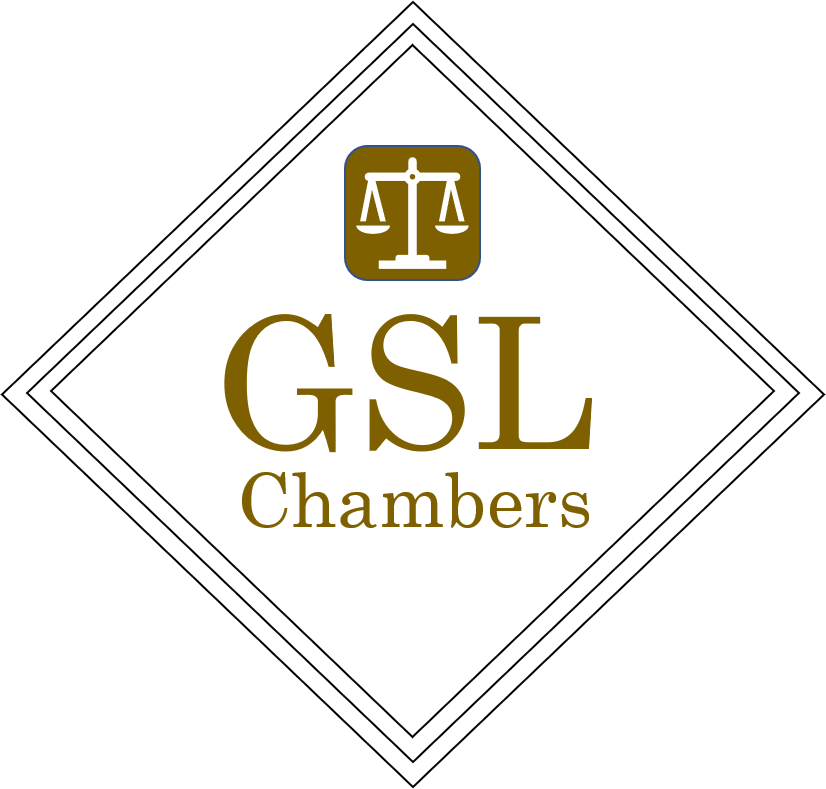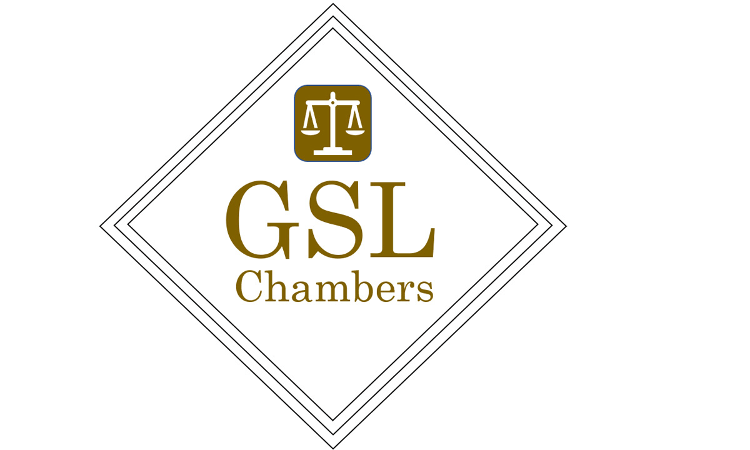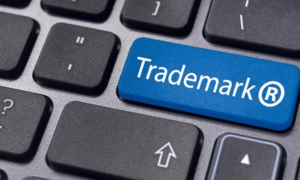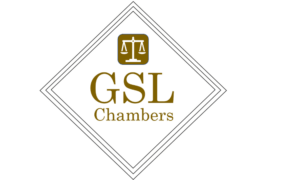GSL Release: Access to Justice with Social
Distancing.
• Supreme Court delivered an important message to all Courts across the Country by passing
an order on 6.4.2020 in Suo Motu Writ (Civil) No. 5 of 2020 (In Re: Guidelines for
Court Functioning Through Video Conferencing During Covid-19 Pandemic).
• The Court work is almost on standstill for almost a month now. The break started during
Holi holidays, and got prolonged and extended in view of the extra-ordinary circumstances
which the entire World is facing.
• While very urgent matters were being heard by the Courts, other matters could not be taken
up. Even some urgent matters, which were not in the category of ‘very urgent’ could not be
heard.
•The SC thus, in its order of 6th April noted that “Access to justice is fundamental to preserve the
rule of law in the democracy envisaged by the Constitution of India. The challenges occasioned by the outbreak of COVID-19 have to be addressed while preserving the constitutional commitment to ensuring the delivery of and access to justice to those who seek it.”
• Citing various examples of adopting the usage of technology for dispensation of justice by
Indian Judiciary and the availability of robust digital and technical infrastructure, the
Supreme Court has passed various directions while exercising their powers under Article
142 of the Constitution of India. These directions can be summarized as under:
- Reduce the need of physical presence in Courts and to secure the
functioning of Courts in accordance with Social Distancing
Guidelines. - To adopt measures to ensure functioning of judicial system through video conferencing.
- Courts to maintain a helpline to address grievances with regard to quality and audibility of feeds.
- Court to provide access of video conferencing to litigants who do not have the means to access it.
- Rules to be framed by High Courts in this regard, No evidence to be recorded through video conferencing till Rules are framed.
- Presiding Officer can restrict entry of persons in Court Rooms.
•The Supreme Court has passed these directions not only to meet present circumstances,
but also for future. The concept is novel, and the reasoning is noble.
•Given the present-day requirements, it is important that lawyers adapt themselves to the
new method of Court hearings as soon as possible. No doubt there will be initial hiccups
and teething troubles, but we are certain that the Courts, lawyers and litigants will soon
overcome them to enter in the future.




